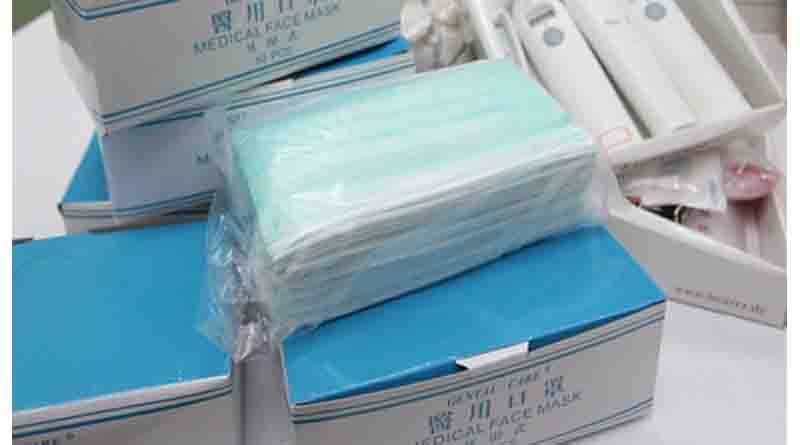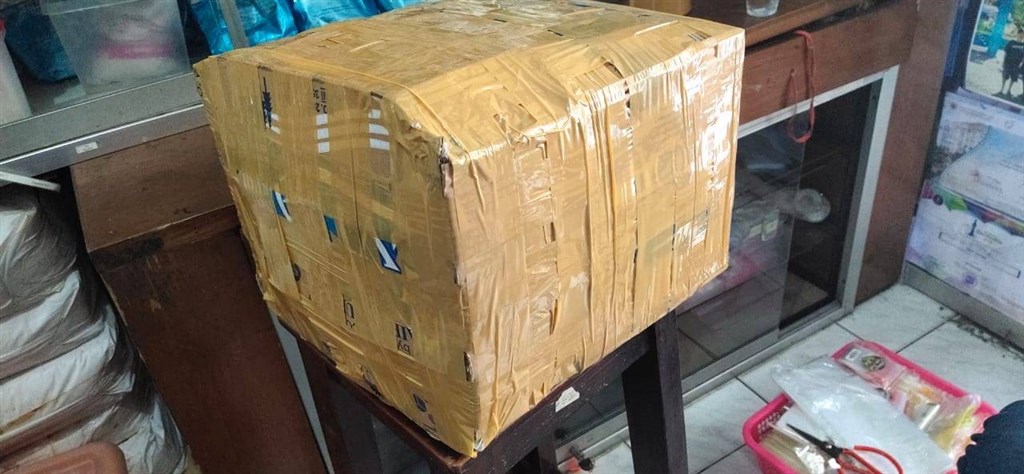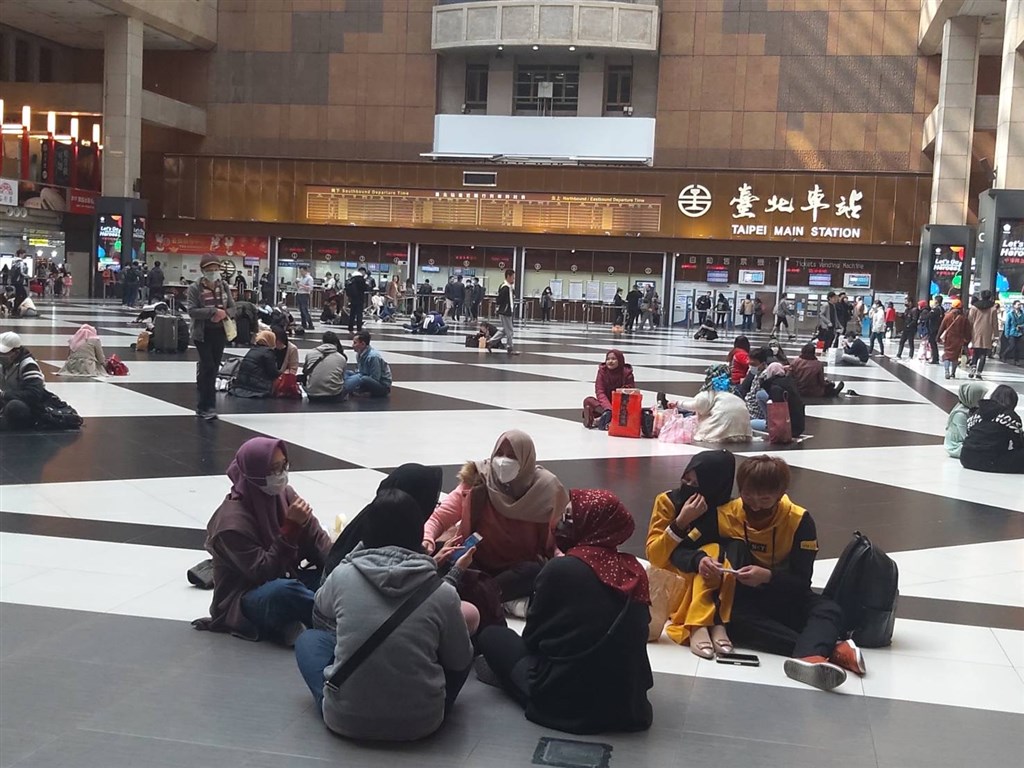NGOs Call for Loosening of Restrictions on Surgical Mask Imports

Taipei, Feb. 2 (CNA) Migrant leaders and NGOs on Sunday expressed concern over a government regulation that restricts imports of surgical masks into Taiwan as people try to combat the spread of the novel coronavirus (2019-nCoV) amid a mask shortage.
The demand for masks has intensified after the World Health Organization declared the coronavirus outbreak a global health emergency on Jan. 31.
To date, at least 304 people have died in China since the respiratory illness emerged in December, most of them in Wuhan in Hubei province where the outbreak began, and 10 people in Taiwan have been confirmed as having the virus.
Surgical masks have been seen in Taiwan as one way to prevent the spread of the disease and are even required in certain settings, including in hospitals and schools and even in some companies.
But supply has fallen short of demand, leading to long lines whenever a retailer receives a new delivery, and even then sales are being rationed to three masks per customer.
That has led migrant workers to ask people from their home countries to send masks or have friends bring some back with them if they went abroad for the Lunar New Year holiday, but such practices may be illegal.
Wu Cheng-ning (吳正寧), a section chief at the Taiwan Food and Drug Administration (FDA), said that under the Pharmaceutical Affairs Act all imports of masks by people without a pharmacist license must apply before bringing masks into the country.
“A special import permit needs to be approved regardless of the quantity. The FDA will need time to review the quantity and use of the imports,” she said.
Still, Wu admitted that customs officers will follow their judgment when people bring masks into the country.
“If a traveler needs to wear a mask every day, then 180 masks should be reasonable to last him or her for six months. But if the passenger brings in 1,000 masks, then it would be unreasonable,” she said.
Karen Hsu (徐瑞希), founding chairwoman of Global Workers’ Organization, Taiwan, told CNA that the government should loosen the regulation because surgical masks have been so hard to find.
While some larger factories are supplying their workers with masks, smaller factories may find it difficult to procure them, she said.
“So for some migrant workers, they have to rely on getting masks from abroad,” she said.

Mira Luxita Sari, an editor at media company Indosuara International and an Indonesian community leader, told CNA that many of her compatriots in Taiwan are finding masks hard to come by.
“We know that they are supposed to be sold at convenience stores, but they are always sold out,” she said.
She hopes to bring 1,000 to 2,000 masks into Taiwan to give to migrant workers who need them.
“I am extremely worried for migrant fishermen who may not be able to get surgical masks because they are usually in the harbor or out at sea,” she said.
Father Gioan Tran Van Thiet, assistant parish priest at Saint Christopher’s Church in Taipei, who visits migrant fishermen in Su’Ao in Yilan on a weekly basis, said he did not see any Vietnamese or Filipino fishermen wearing face masks when he visited the area Saturday.
“They know there is a virus, but we need to let them know more about it and how they can protect themselves,” he said.
The Ministry of Labor (MOL) said Thursday that employers are legally obliged to provide surgical masks to foreign caregivers who visit hospitals in the course of their duties.
Those who do not are subject of a fine under the Employment Service Act of between NT$60,000 (US$1,982) and NT$300,000, as well as a two-year ban from employing foreign workers.
As of the end of December, there were 718,058 migrant workers in Taiwan, with Indonesia as the biggest source, accounting for 276,411, followed by Vietnam with 224,713, the Philippines 157,487, and Thailand 59,445, according to the MOL.




